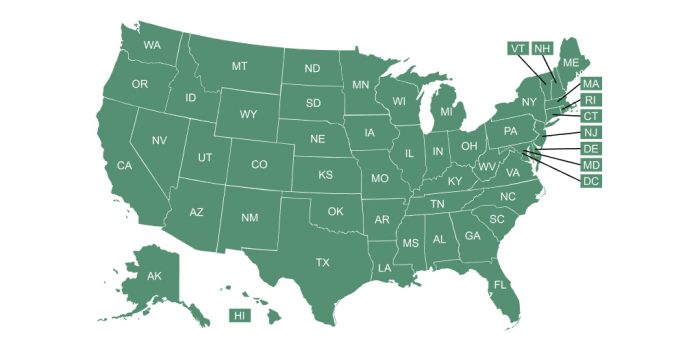What is a level of care assessment?
Since Medicare does not cover most long-term care needs, many older Americans who need long-term care services (ie, custodial care, as opposed to medical care) find themselves turning to Medicaid, which does cover long-term care for eligible enrollees.
In addition to satisfying income and asset limits, applicants seeking Medicaid long-term care coverage must demonstrate certain care needs to be eligible for this coverage.
Medicaid will only cover nursing home benefits for applicants who need to be cared for in a nursing home – and can’t receive long-term care elsewhere.
The “level of care” is the setting in which an individual needs medical or long-term care services. In most states, applicants who require a nursing home “level of care” have medical conditions or functional limitations that result in being a danger to oneself.
What does a level of care assessment involve?
Applicants for Medicaid long-term care coverage have to undergo an assessment by medical doctors, social workers, or other evaluators designated by their state’s Medicaid agency. This evaluation may consider the medical, cognitive, mental health, and functional issues an applicant has.
Evaluators will use an assessment tool to determine whether the applicant needs long-term care, and at which “level of care” and setting those services should be provided (e.g., in a nursing home or assisted living facility, or community- or home-based care).
Applicants usually are assessed for how much assistance they need with activities of daily living (ADLs) – such as eating, bathing, and dressing.
What factors are considered in a level of care assessment?
Although these assessments vary in each state, they may consider whether an individual:
- Is at risk of falling or being abused in their current living situation
- Has a medical condition requiring a feeding tube or the administration of IV medication
- Can administer medications on their own
- Has mental health or behavioral problems
Many states also require a level of care assessment for applicants seeking
Home and Community Based Services (HCBS). Some states require HCBS recipients to need a nursing home level of care or be at risk of being placed in a nursing home without HCBS. In other states, applicants for HCBS only need to have a medical diagnosis and require help with a certain number of activities of daily living .




